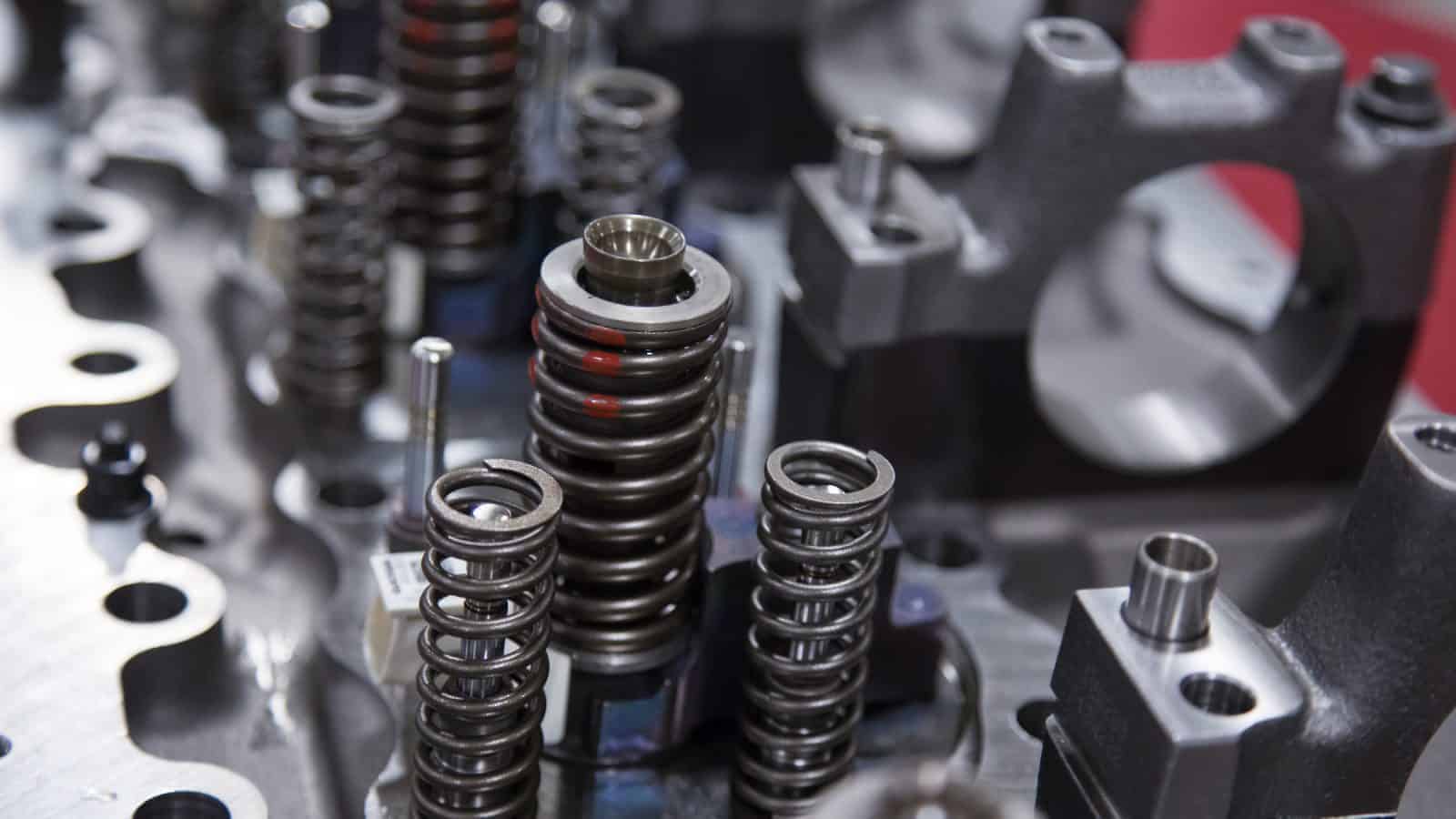Manufacturers Concerned of Recession Threat in 2023
Congress failed to act on essential tax reforms, which complicates investment, increases inflationary pressures, could stifle economic growth
Washington, D.C. – The National Association of Manufacturers released its Manufacturers’ Outlook Survey for the fourth quarter of 2022. It illustrates manufacturers’ concerns around a challenging economic environment characterized by inflation, supply chain disruption and the workforce crisis. It also demonstrates the consequences of Congress’s continued inaction on key manufacturing priorities. The NAM conducted the survey from Nov. 29 to Dec. 13, 2022.
“The majority of manufacturers expect a recession this year. Congress failed to act on essential tax reforms, which complicates investment, increases inflationary pressures and could stifle economic growth,” said NAM President and CEO Jay Timmons. “Much needed permitting reforms and provisions to strengthen our ability to conduct research and development, buy machinery and finance job-creating investments—which we need to promote growth within the sector—were left on the cutting room floor last year. Those reforms, combined with manufacturers’ ongoing efforts to inspire, educate and empower the future workforce, are critical to our competitiveness.”
Workforce shortages ranked as the industry’s number one concern, and there were 779,000 open jobs in manufacturing in the most recent data. This is why the NAM has pressed Congress to address immigration reform—as both a humanitarian solution and to help the sector grow its talent pool—and other solutions outlined in “Competing to Win,” the NAM’s policy roadmap to bolster manufacturers’ competitiveness.
Timmons added, “We’re looking to the new Congress and the administration for leadership and to focus on policies that remove barriers to manufacturing growth in the United States and fend off a severe downturn.”
Key Findings:
- More than 62% of manufacturing leaders believed that the U.S. economy would slip officially into a recession in 2023.
- More than three-quarters of respondents (75.7%) listed attracting and retaining a quality workforce as a primary business challenge, with supply chain challenges (65.7%) and increased raw material costs (60.7%) the next biggest impediments.
- Even in a recession, manufacturers plan to do the following: capital spending on new equipment and technological investments (65.3%), upskilling and training of existing workforce (64.1%), seeing solid demand for their company’s products (63.2%), hiring new employees (55.1%), investing in research and development (52.1%) and spending on new structures and existing facilities (38.6%).
- More than three-quarters of respondents (75.8%) said pushing back against regulatory overreach should be the top priority of the 118th Congress. Other priorities included supporting increased domestic energy production (69.3%), passing comprehensive immigration reform (65.4%), maintaining and permanently extending tax reform (63.0%), controlling rising health care costs (55.5%), addressing the skills gap facing manufacturers (50.5%) and modernizing permitting to reduce red tape (40.0%).
Due to the consistent economic headwinds, manufacturers’ confidence has declined, with 68.9% of respondents having a positive outlook for their company, the lowest since the third quarter of 2020.
Conducted by NAM Chief Economist Chad Moutray, the Manufacturers’ Outlook Survey has surveyed the association’s membership of 14,000 manufacturers of all sizes on a quarterly basis for the past 25 years to gain insight into their economic outlook, hiring and investment decisions and business concerns.
The NAM releases these results to the public each quarter. Further information on the survey is available here. Click here for more on “Competing to Win.”
